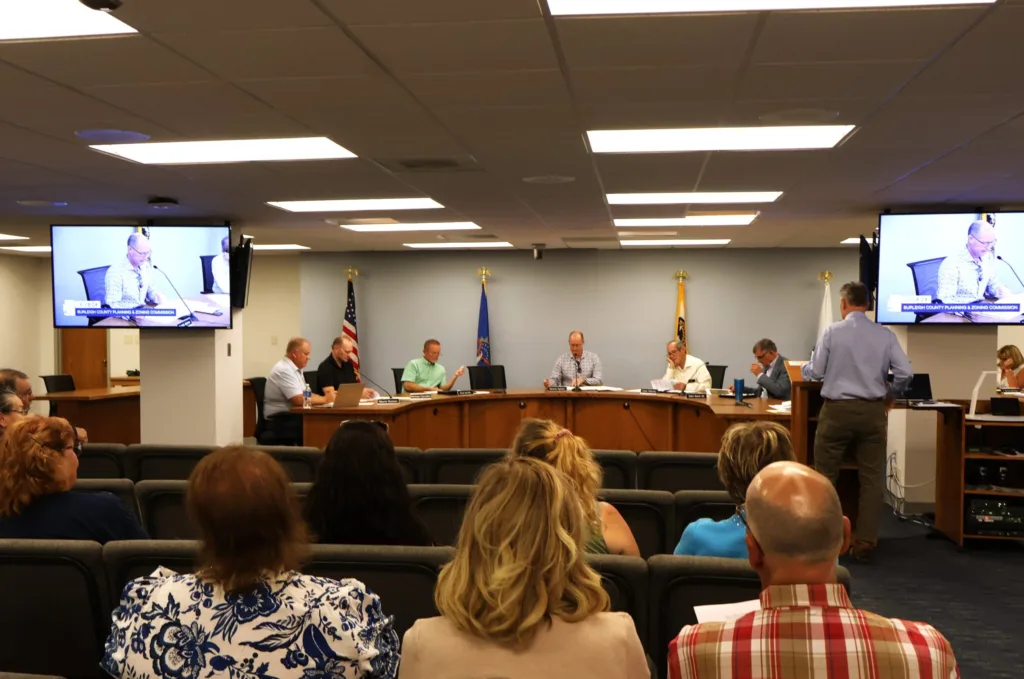

By: Michael Achterling (ND Monitor)
Every meeting of a public board in North Dakota will be required to hold a public comment period during each of its meetings beginning Aug. 1.
Senate Bill 2180, signed by Gov. Kelly Armstrong on April 30, requires local subdivisions, school districts, park districts and water resource boards to give meeting attendees the opportunity to make public comments to the board during their meetings.
The bill states public boards may only limit the comment period based on total time of the comments, the time of each individual speaker to deliver their comments, or both. It would also limit the public comment topics to the current meeting’s agenda items or the preceding meeting’s agenda.
Sen. Jose Castaneda, R-Minot, chair of the bill’s conference committee, said the law sets the minimum standard and boards can choose to be less restrictive on public comments.
Castaneda told lawmakers that if someone misses a meeting, they should be able to go to the next meeting and have their concerns be heard by that board.
The bill stems from concerns that public entities were not providing adequate public comment periods during meetings and were limiting comments to only items on the board’s current meeting agenda.
Karen Krenz of Williston, who submitted testimony for the bill, said her local school board was limiting comments that could be made at meetings.
“As taxpayers, we should have the opportunity to contribute our input during public meetings,” Krenz wrote. “When public input is limited, decisions may not fully reflect the needs and priorities of the community, leading to policies that are out of touch with public sentiment.”
The law requires boards to craft public comment policies. The policies may require that comments need to be pertinent to the entity receiving the public comments and may “not interfere with the orderly conduct” of the meeting. Comments may not be “defamatory, abusive, harassing or unlawful,” and may not include confidential information.
Castaneda said the goal of the legislation was to find a good balance between giving time for people to address these public entities and not letting the comments hijack the meeting.
Sen. Chuck Walen, R-New Town, a previous school board member, said limiting the comments to the current and preceding meeting was a good balance, otherwise, “you can get into the weeds really, really fast.”
“I see this as a good compromise to have in here,” Walen said.
Previous versions of the bill would have limited comments to only the current agenda items of the public board meeting and would have required a public comment period be offered at only some of the meetings, or once every three months.